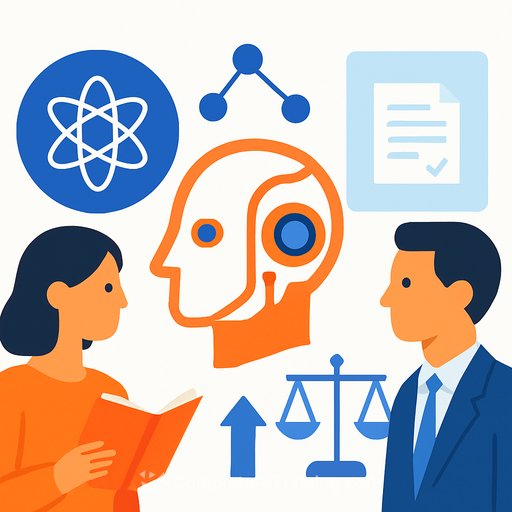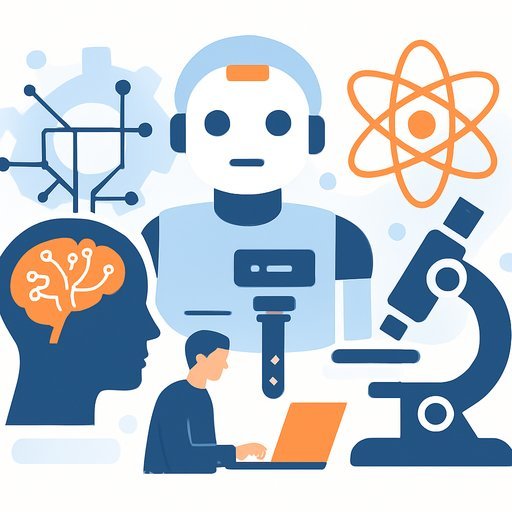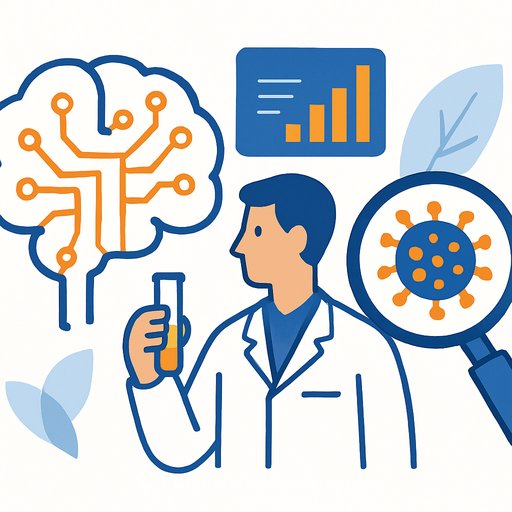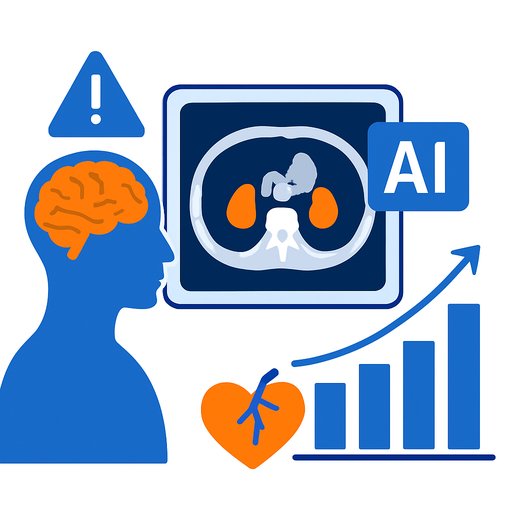£4 million AI Metascience Fellowship backs 29 researchers to examine how AI is changing science
A new international fellowship programme will fund 29 early-career researchers across the UK, US, and Canada to study how AI is altering scientific work. Led by the UK Metascience Unit with partners at UK Research and Innovation and the Alfred P. Sloan Foundation, the initiative provides up to £250,000 per two-year project, totaling £4 million.
The goal is simple: generate clear evidence on how AI is affecting research practice, evaluation, careers, and institutions-so funders, universities, and labs can make better decisions.
What the programme funds
- 29 fellows: 18 in the UK, six in the US, five in Canada.
- Two-year projects, up to £250,000 each.
- Focus on the practice of science, not general AI ethics.
- Led by the UK Metascience Unit with international partners and support.
Core questions the fellows will tackle
- How AI tools alter day-to-day workflows, productivity, and creativity in labs and research groups.
- Whether AI changes topic selection and field dynamics.
- If AI-generated outputs stress current norms for explanation, responsibility, and review.
- How AI could lower participation barriers for researchers with learning disabilities.
- How AI affects the structure of research institutions, funding decisions, and the political economy of science.
Examples from the cohort
At the University of Manchester, one project will track how AI is influencing biomedical researchers' work and careers-productivity, creativity, and diversity across career stages.
At the University of Reading, another project will test how AI can drive innovation in agriculture and food science. The focus: improve sustainability and efficiency in farming, drawing lessons from how digital tools reshaped industries like banking-without trading off environmental protection.
Funding process and collaboration model
Selection used distributed peer review: applicants assessed each other's proposals to widen expertise, surface diverse viewpoints, and increase transparency. In 2026, all fellows will attend a fully funded summer school to build a cross-border community and share methods.
This design signals a shift in how research on research is run-testing new review models while studying how AI is altering science itself.
Why this matters for your lab or institute
- Procurement and policy: Expect clearer guidance on where AI adds value in the research cycle-and where it introduces risk.
- Careers: Evidence on how AI use correlates with output quality, originality, and recognition can inform hiring, promotion, and mentoring.
- Standards: Insights on explainability, attribution, and accountability will feed into authorship, disclosure, and reproducibility policies.
- Funding strategy: Findings on topic drift and institutional effects can shape portfolio design and review criteria.
What you can do now
- Audit your workflow for AI use: literature triage, code, analysis, method design, visualization, manuscript prep. Track where it saves time versus where it risks errors.
- Set disclosure norms: note AI-assisted steps in methods and code comments; require provenance for generated text, figures, and data.
- Invest in evaluation: add adversarial review steps for AI-assisted outputs; test reproducibility with and without AI tools.
- Upskill teams: train on prompt discipline, data governance, and review practices that catch subtle failure modes.
Expected outcomes
Short term: practical guidance for labs and funders on AI use across the research lifecycle. Medium term: updates to review, authorship, and reproducibility standards. Long term: better incentives and institutional setups that reward high-quality, testable, and inclusive science in an AI-heavy environment.
If you're building AI fluency across research roles, see curated training by job function at Complete AI Training.
Your membership also unlocks:






